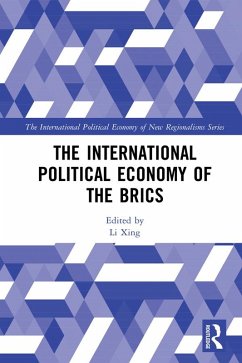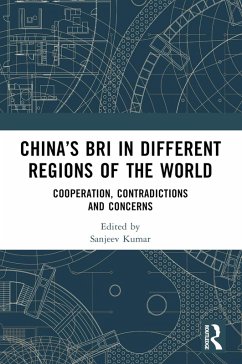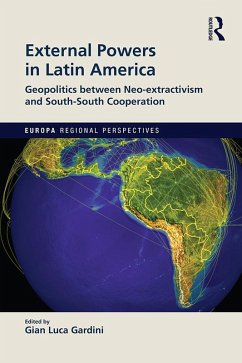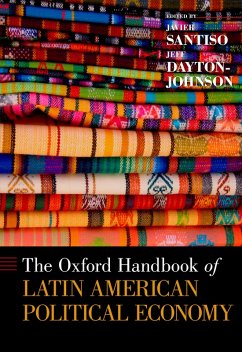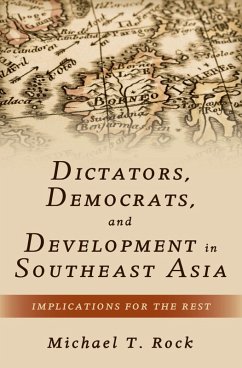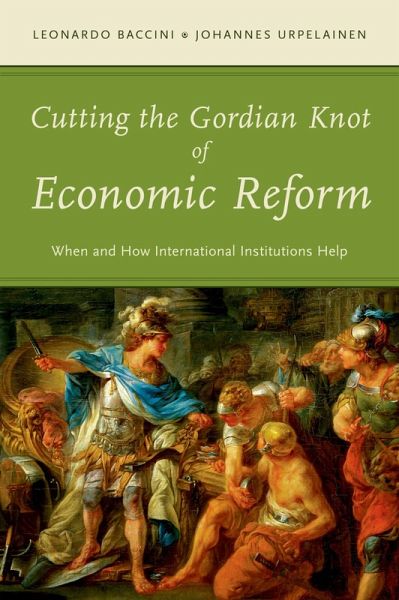
Cutting the Gordian Knot of Economic Reform (eBook, PDF)
When and How International Institutions Help
Versandkostenfrei!
Sofort per Download lieferbar
37,95 €
inkl. MwSt.
Weitere Ausgaben:

PAYBACK Punkte
19 °P sammeln!
Why do leaders of countries opt to sign on to international institutions that constrain their freedom to enact domestic policy? In this book, Leonardo Baccini and Johannes Urpelainen address this enduring question of international relations by looking at liberal economic reforms. During the past two decades, governments across the developing world have implemented many liberal economic reforms that reduce direct state intervention in different industries, for example with regard to intellectual property rights and privatization. While failure to implement them can have disastrous economic and ...
Why do leaders of countries opt to sign on to international institutions that constrain their freedom to enact domestic policy? In this book, Leonardo Baccini and Johannes Urpelainen address this enduring question of international relations by looking at liberal economic reforms. During the past two decades, governments across the developing world have implemented many liberal economic reforms that reduce direct state intervention in different industries, for example with regard to intellectual property rights and privatization. While failure to implement them can have disastrous economic and political consequences, liberal economic reforms have also provoked intense political controversy domestically. Baccini and Urpelainen argue that international institutions help to cut this Gordian knot by allowing leaders to credibly commit to liberal policies while also creating domestic political support for reform. The book takes a comparative look at developing countries that have engaged in treaties with the United States and European Union to develop a full theory of when and how leaders enter into international institutions to effect economic reform. Cutting the Gordian Knot of Economic Reform is the first work to provide a theory on the design of international institutions, the circumstances that cause leaders to form international institutions, and the effects of international institutions on economic reform.
Dieser Download kann aus rechtlichen Gründen nur mit Rechnungsadresse in A, B, BG, CY, CZ, D, DK, EW, E, FIN, F, GR, HR, H, IRL, I, LT, L, LR, M, NL, PL, P, R, S, SLO, SK ausgeliefert werden.






